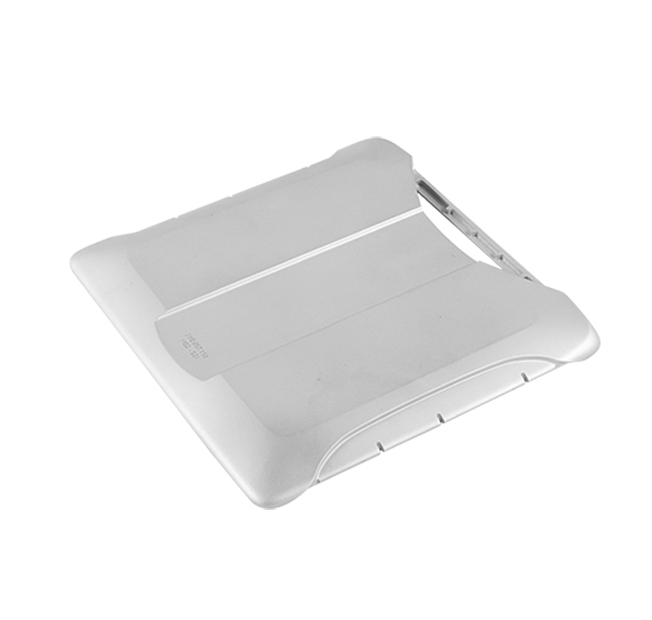Time:2025-05-24 Views:0 source:CNC Machining customization source:CNC Machining news

In an era where environmental protection has become a global priority, the adoption of green and environmentally friendly processes in sheet metal processing is not only a social responsibility but also a strategic choice for the sustainable development of the industry. These processes aim to minimize the environmental impact of sheet metal manufacturing while maintaining or improving product quality and production efficiency.
One of the key green initiatives is the use of energy - efficient equipment. Modern sheet metal processing machines, such as laser cutting machines with advanced power management systems, consume less electricity compared to traditional counterparts. For example, fiber - optic laser cutting machines have higher energy - conversion efficiency, which reduces energy waste during the cutting process. Additionally, the integration of renewable energy sources in the manufacturing plant, like solar panels to power some of the processing equipment, further decreases the carbon footprint. This not only helps the environment but also reduces long - term energy costs for the manufacturer.
Another important aspect is the reduction of waste generation. Precision cutting technologies, such as waterjet cutting, can significantly minimize material waste. Waterjet cutting uses a high - pressure stream of water, sometimes mixed with abrasive materials, to cut through sheet metal. It allows for very accurate cuts, enabling the optimization of material usage by maximizing the number of parts that can be cut from a single sheet. Moreover, the use of computer - aided design (CAD) and computer - aided manufacturing (CAM) software in the design phase helps in nesting parts more efficiently, reducing the amount of scrap metal.
The selection of environmentally friendly materials and surface treatment methods also plays a crucial role. For instance, using recycled sheet metal materials can reduce the demand for virgin resources and lower the energy consumption associated with metal extraction and production. In terms of surface treatment, powder coating has emerged as a more eco - friendly alternative to traditional liquid painting. Powder coating produces less volatile organic compounds (VOCs) during the coating process, which are harmful to the environment and human health. It also offers better corrosion resistance and durability, reducing the need for frequent re - coating and thus further minimizing environmental impact.
Furthermore, proper waste management in sheet metal processing is essential for environmental protection. Recycling scrap metal is a common practice, but advanced processes are being developed to recycle other waste products as well, such as used cutting fluids and coolant. By implementing closed - loop systems for these fluids, manufacturers can reuse them after proper treatment, reducing the volume of waste sent to landfills and minimizing the environmental pollution caused by these substances.
Read recommendations:
Sealing ring Precision electronic parts
Housing components for recessed downlights Precision electronic parts
Oval Magnetic Hardware Precision electronic parts
CNC Machining Dimension Accuracy
CNC processing factory - Meeting customers' strict requirements for precision